Sometimes we need a little TLC.
These Are the 15 Dirtiest Surfaces in Your Home — Make Sure to Clean Them Often
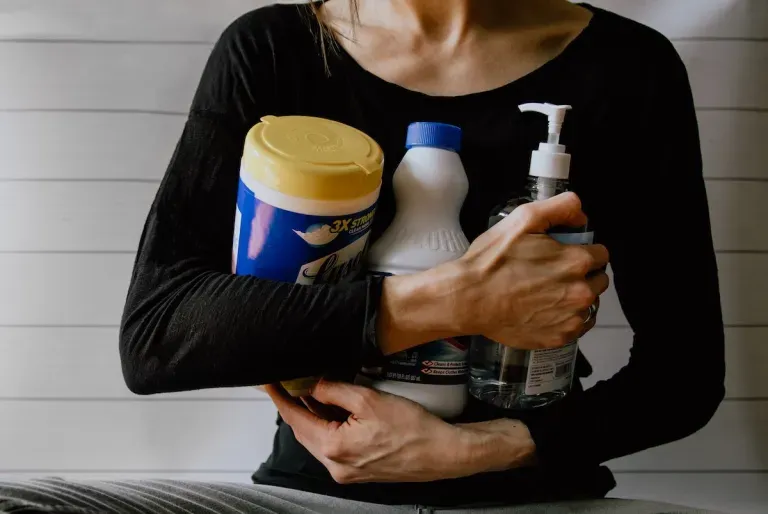
If there’s one thing that COVID-19 has taught us, it’s that we should go back to basics. And by this, I mean basic hygiene. It might surprise you that some of the around your home are ones you come into contact with every day — even more so, some that you never really thought about cleaning.
That said, please remember this: good hygiene starts at home. By reminding you of this, I don’t just mean you should be washing your hands and taking baths regularly (however, please do)! Make it a habit to clean up around the house, too.
Also read: The Eight Most Significant Pandemics in Human History
The dirtiest, must-clean surfaces around your home
1. Kitchen sponges

Yup, you read that right. The very thing you use to clean your dishes? It’s riddled with all sorts of germs and is one of the around your home! According to studies, sponges can be filled with as much as 10 million bacteria per square inch. (To help you understand that statistic better, that’s 200,000 times more than the germs you’ll find on a toilet seat).
What you should be doing: Replace your kitchen sponges regularly. If yours is starting to smell unpleasant, take it as a sign that you should have already gotten rid of it a while back!
2. Sinks and faucets
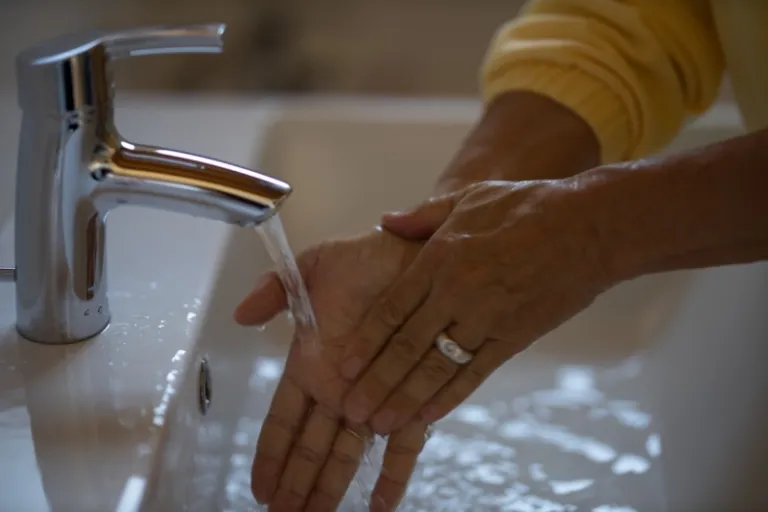
Consider this: Sinks and faucets, if not cleaned properly, can actually be one of the at home. Are you shocked? I honestly was! But then again, think about how many different hands touch the faucet (and all the things those hands touched before it). In addition to that, wet or moist surfaces are also known to attract more bacteria and allow it to settle.
Not-so-fun fact: Your kitchen is probably home to even more germs than your bathroom! While this may sound surprising, it is filled with food and beverage residue, among other germs that may have found a home there. Take this into consideration the next time you’re doing the dishes.
What you should be doing: With a good disinfectant, give your sinks and faucets a thorough scrubbing as often as you can. Additionally, make sure your sink is free of clogged materials!
3. Towels
Bath towels, hand towels, dish towels (and any others I may have missed) are among the in your house. Especially if you happen to use a single towel to wipe your hands, clean up spillage, and wipe your hands after washing them.
Just think about how many different germs that one towel can play host to, especially if it always stays moist — all the more so if multiple people use the same one.
What you should be doing: Leave your towels to dry after use and change them regularly (at least once a week).
4. Countertops
I guess this one shouldn’t surprise you; it shouldn’t worry you too much, either! If you make sure to do general cleaning around your house on the regular, then I’m pretty sure you always make sure to clean your countertops. If not, then know that those in the common areas around your house — your kitchen and bathroom especially — are packed with bacteria. Make sure to clean them as often as you can!
What you should be doing: Wipe down countertops with disinfectant on a daily basis. And no, just wiping them with a dry towel or tissue isn’t enough!
5. Coffee makers and water dispensers

Since these household items are usually just filled and refilled with the same old substances, it’s easy not to feel the need to clean them regularly (if at all). But guess what? Stagnant water or coffee can cause things like mould and mildew, coupled with unpleasant odours. And we all don’t want that — especially mixed in with things we drink on the daily!
What you should be doing: Make it a point to regularly clean your coffee maker and water dispenser with a sponge, water, and dishwashing soap.
6. Knobs, handles, and switches
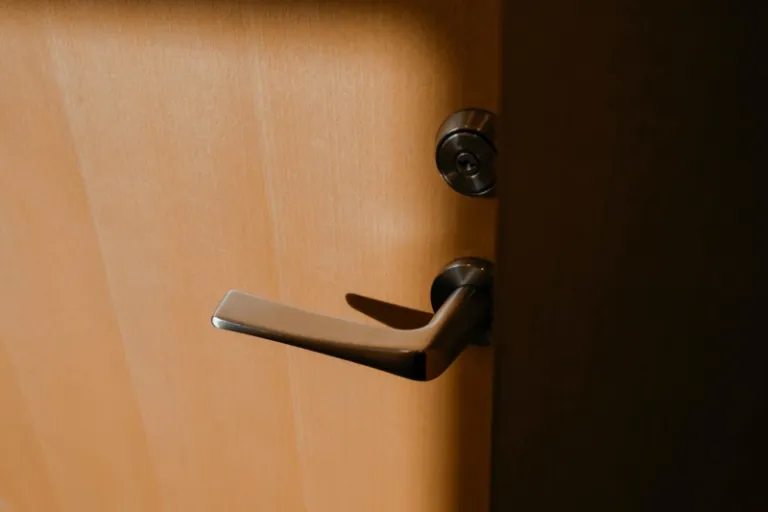
I mean, I guess this one is a no-brainer. These are among the top high-touch surfaces around the home, after all — door knobs and light switches, especially. But honestly, it can be easy to forget (or overlook) that you should be cleaning spots like the handles on your refrigerator and microwave, too. Don’t forget your stove knobs, either!
What you should be doing: Use a piece of cloth soaked in a mixture of water and dishwashing liquid to clean these surfaces. Alternatively, you can also use a cleaning solution made of vinegar and water. Don’t forget to use a different piece of cloth for each surface!
7. Toothbrushes
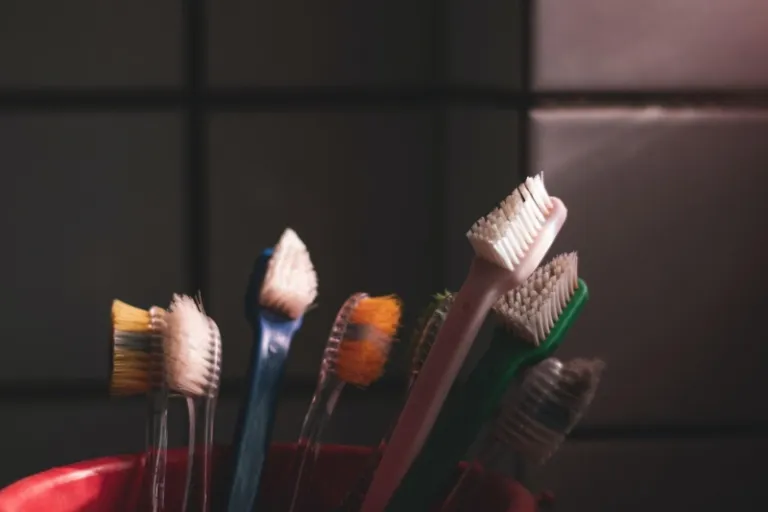
Now, this one just might blow your mind! Remember what I said about wet surfaces attracting more germs? Well, because it takes a while for toothbrushes to dry after you’ve used them, these can be among the around your house.
Even worse? It’s been said that when you flush the toilet with the lid up, everything within a 5 to 6-foot radius gets sprayed with aerosolised faecal matter. Consider the distance between your toothbrush and the toilet!
What you should be doing: Use a toothbrush cover and dry your toothbrush after use as best you can. Also, make sure to replace it every three to four months.
8. Toothbrush holders
Some studies say that out of the at home, toothbrush holders make it to the top three. Why, you might ask? Well, I don’t know about your cleaning habits, but most homeowners admit that cleaning their toothbrush holders never really crosses their minds. Because of this, they can be home to harmful bacteria such as salmonella, E. coli, and mould. Yikes, right?
What you should be doing: Hand-wash your toothbrush holder with soap and hot water on a regular basis.
9. Toilets
Well, you can’t be surprised by this one! While it seems that there are surfaces around the house that are even dirtier than your toilet, this doesn’t give you an excuse to neglect cleaning it. Studies say that the toilet seat alone houses about 295 kinds of bacteria per square inch, among them E. coli and salmonella.So, no — making sure to flush and wipe down your toilet seat isn’t enough!
What you should be doing: Clean your toilet regularly with the help of a disinfectant.
10. Shower curtains

Not all of us have shower curtains, but if you do — know that they’re a major potential breeding ground for mould. Yes, even if they may be located in the place where you do most of your self-cleaning. I repeat: Moist surfaces are more likely to host loads of germs!
What you should be doing: Thoroughly clean your shower curtains with disinfectant on a regular basis. If they’re cloth curtains, wash them every few weeks.
11. Floors
A no-brainer, I believe! Of the in your home, the floors should be high up on your list of things to clean. So many different types of germs find their way in and out of your house, so it shouldn’t shock you that a lot of them can be found on your floor.
What you should be doing: Regularly mop the floors with disinfectant (if you’re afraid of possible stains or chemical residue, vinegar is a good substitute). If you can, avoid bringing your outside shoes inside or disinfect them before entering your home.
12. Mobile phones
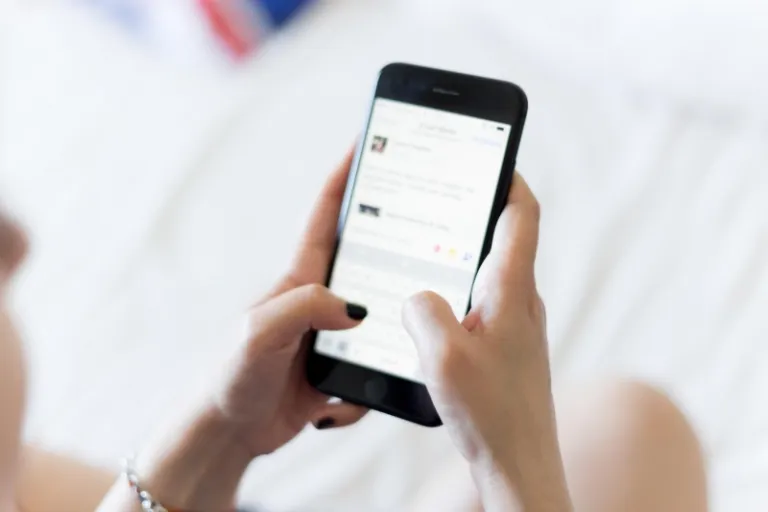
If we’re anything alike (read: if you, too, are a heavy mobile phone user), then you’re probably still in denial. I mean, we’ve heard it a thousand times: Your cellphone is one of the you touch everyday — some say it may even have 10 times as many germs as a toilet in a public restroom. (Cringe!) This being said, your mobile phone is likely home to E. coli, faecal matter, and all sorts of other germs.
It’s not hard to think about what your phone comes into contact with: basically everything. You use it while you’re eating, in the bathroom, while you’re out for a run maybe. But how often do you stop and clean it? Oh, and do you touch your face a lot in between app-switching, too? Take note that this may increase your risk for infections like the common cold and the flu!
What you should be doing: Moisten a cloth or tissue with alcohol and disinfect your phone every day. Don’t spray it with alcohol directly so as not to risk any damage. On top of this, avoid taking your phone to the bathroom with you!
13. Remote controls
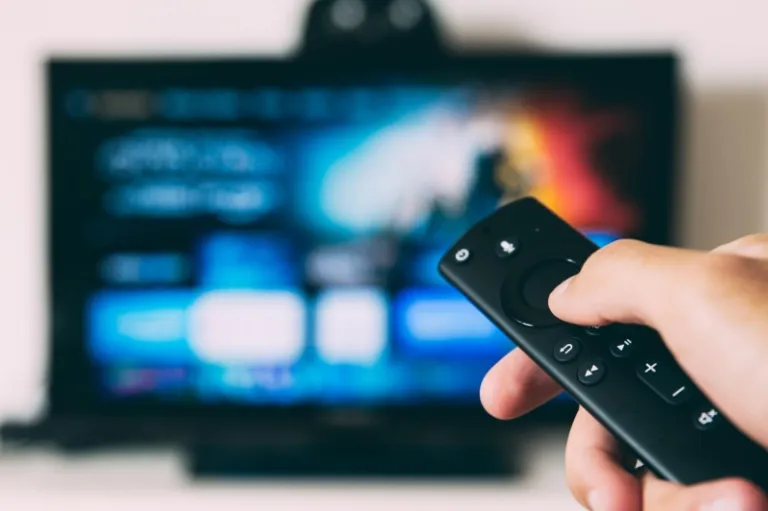
Whether it’s for your TV or your air conditioner, it’s highly likely that your remote is touched by pretty much everyone around the house. Not to mention, it probably falls on the floor or gets lost in the crevices of your couch pretty often.
What you should be doing: Regularly clean your remotes with antibacterial wipes or a cloth moistened with alcohol.
14. Washing machine
Are you seeing a pattern here? Because I am! The very items that help us keep ourselves and our things clean are not actually clean themselves! Since the washing machine is always moist, leaving your wet laundry there pretty much invites germs to come and make themselves at home.
What you should be doing: Remove wet laundry from the washing machine immediately!
15. Keyboards

Working from home? I imagine you use your computer an awful lot! You probably also eat over it during your breaks or while binge-watching your latest series. You probably let other people use it every now and then, too. But how often do you clean it? Sad to say, your keyboard is most probably home to bacteria like staph, coliform, yeast and mould.
What you should be doing: Shut down your computer and gently shake your laptop or keyboard to get rid of loose crumbs. Then, use a piece of cloth moistened with alcohol to clean all your computer’s surfaces along with its little nooks and crannies. Don’t spray alcohol on it directly!
Also read: Filipino Backpackers & Their Disgusting Travel Habits
Now that you’re acquainted with the around your house, are you rethinking your cleaning habits? I sure hope you are! Let’s all remember to practise better hygiene and sanitation to protect ourselves, our families, and the people around us. Trust me, your future selves will thank you for it.
Published at
About Author
Gabriella Salud
Subscribe our Newsletter
Get our weekly tips and travel news!
Recommended Articles
10 Spa & Massage Places in Manila to Destress 15 Types of Travel Bags You Should Use In This Lifetime Everything’s so useful!
2021 Planners: Our Top Picks & Where to Buy Them 2021, come faster!
This 2022 Japan Postgraduate Scholarship Grant Is Now Open for Pinoys You can finally study in Japan for free!
LOOK: 2024 Holidays & Long Weekends in the Philippines Check out our downloadable cheat sheet!
Latest Articles
Switzerland and Monaco Set Sights on Filipino Travellers with New Initiatives Euro summer all year long!
Thailand Implements Facial Recognition at Six Airports Future of travel!
Heavy NLEX Traffic Expected for Undas: INC Event & Typhoon Updates NLEX traffic surge for Undas.
Tired of Tourist Traps? Here Are 2025’s Must-Visit Hidden Destinations Far from the touristy areas.
Typhoon Leon Intensifies: What Northern Luzon Residents Need to Know Get ready for a rainy Undas.

